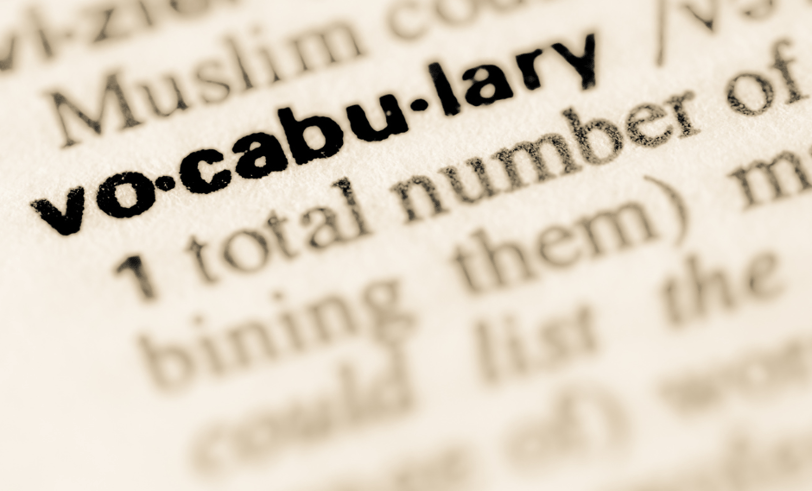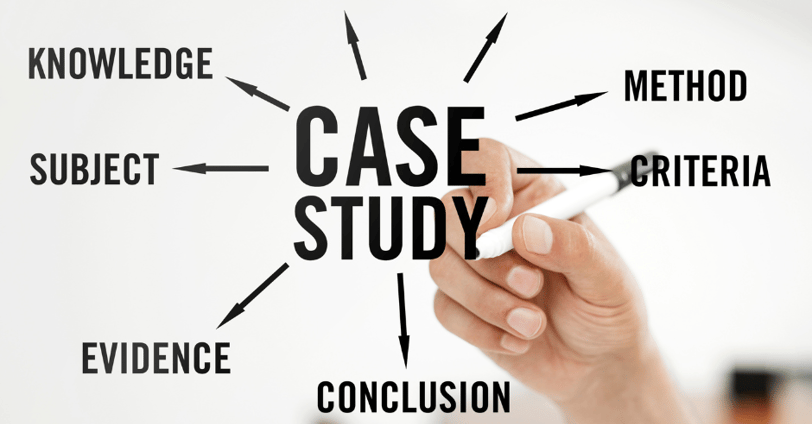Global Events
Empower Your EFL Classroom with Interactive and Immersive Learning Techniques
In today's interconnected world, it's crucial for EFL students to grasp current global events. Not only does this enhance their language skills, but it also cultivates critical thinking and cultural awareness. Here are some dynamic strategies to infuse your EFL classroom with engaging lessons on current global events:


1. Vocabulary Enrichment:
Word Walls: Create a dedicated space in your classroom where students can display and regularly update vocabulary related to current global events.
Contextual Guessing: Provide sentences or short paragraphs containing unfamiliar words related to recent news stories, and encourage students to guess their meanings based on context.
Word Association Games: Connect new vocabulary to familiar words or concepts through games like word association or semantic mapping.
Quizlet or Flashcards: Utilize digital resources like Quizlet or traditional flashcards to reinforce vocabulary memorization.
Vocabulary Journals: Encourage students to maintain personal vocabulary journals where they record new words, their meanings, and usage in sentences.
2. Speaking and Writing Lessons:
News Discussions: Facilitate group discussions where students share their opinions on recent news articles, practicing both speaking and listening skills.
News Reports: Assign students to prepare and present short news reports on current events, focusing on clear communication and effective presentation skills.
Opinion Essays: Prompt students to write opinion essays on pressing global issues, supporting their arguments with evidence and critical analysis.
Letter Writing: Engage students in writing letters to public figures, organizations, or newspapers expressing their perspectives or concerns about global events.
3. Role-Play:
United Nations Simulation: Divide students into groups representing different countries and simulate a United Nations assembly, discussing and negotiating solutions to global challenges.
Press Conferences: Assign roles such as journalists, politicians, or activists, and conduct press conferences where students respond to questions about recent global events.
Historical Reenactments: Have students recreate significant events from history, such as diplomatic negotiations or protests, to deepen their understanding of current global dynamics.
Cultural Exchanges: Role-play scenarios where students from diverse cultural backgrounds interact, fostering empathy and cross-cultural communication skills.
Crisis Management: Create scenarios of international crises and assign roles like diplomats or aid workers, challenging students to collaborate and find solutions.
4. Inquiry-Based Learning (IBL) Projects:
Research Investigations: Task students with conducting research projects on specific global issues, presenting their findings to the class and proposing potential solutions.
Mock Elections: Organize mock elections focusing on global issues, encouraging students to research candidates' positions and debate relevant policies.
Multimedia Presentations: Allow students to choose multimedia formats such as videos, podcasts, or infographics to showcase their understanding of current global events.
Model UN Committees: Establish Model United Nations committees where students delve into complex global issues, practicing diplomacy and negotiation skills.
Global Perspectives Blog: Encourage students to create a class blog where they share reflections, analyses, and opinions on current global events, fostering digital literacy and expression.
5. Debate
Structured Debates: Organize formal debates where students are assigned positions on controversial global issues and must construct persuasive arguments supported by evidence.
Fishbowl Debates: Arrange a "fishbowl" debate format where a small group of students discuss a topic in the center while the rest of the class observes. Rotate participants to ensure everyone has a chance to engage actively.
Socratic Seminars: Facilitate Socratic seminars where students engage in open-ended discussions, questioning assumptions and exploring multiple perspectives on current global events.
Speed Debating: Conduct "speed debates" where students have limited time to present their arguments and counterarguments, fostering quick thinking and concise expression.
Debate Clubs: Establish a debate club where students regularly practice debating skills, compete in inter-school debates, and refine their ability to articulate and defend viewpoints.
Download a FREEBIE now and begin discussion on current events. By incorporating these diverse strategies into your EFL classroom, you'll not only enhance language proficiency but also nurture informed global citizens equipped to navigate and contribute to today's complex world.










6. Case Study:
Real-World Case Studies: Present students with real-life case studies of significant global events or crises, guiding them through analysis and discussion of the causes, consequences, and possible solutions.
Problem-Based Learning: Engage students in problem-based learning scenarios related to current global events, encouraging collaborative investigation and critical thinking to propose viable solutions.
Historical Analogies: Draw parallels between current events and historical case studies, prompting students to consider lessons learned from the past and apply them to contemporary challenges.
Role of Stakeholders: Explore case studies from the perspectives of different stakeholders, such as governments, NGOs, or affected communities, to deepen understanding of complex global dynamics.
Interactive Case Simulations: Utilize interactive online platforms or simulation games to immerse students in realistic scenarios, allowing them to make decisions and observe the consequences in a controlled environment.


